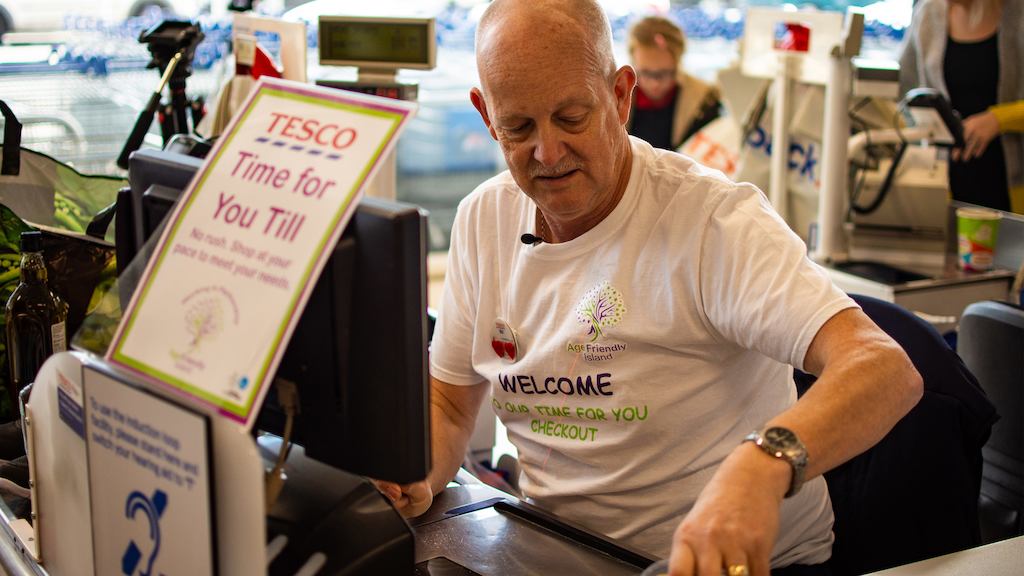First, we can reduce the time people spend dependent on care by helping them be healthier in mid-life. That means bolder, faster action needs to be taken on four of the biggest contributors to ill-health in later life: physical inactivity, poor diet, smoking and alcohol.
Second, when people experience a sudden decline in health and end up in hospital, they need support to keep active and prevent loss of functional abilities, such as using the toilet unaided. Using Helpforce volunteers to get patients moving in wards has huge potential.
Community-based services must do more to support people discharged from hospital in order to reduce their chances of being re-admitted and to prevent spiralling care needs.
Part of the challenge is tackling ageist attitudes among health professionals, some of whom believe functional decline is a normal part of ageing that can’t be prevented.
This misconception may prevent a focus on rehabilitating older people, reducing their chances of recovering to live independently.
Finally, we need to recognise the role our environment plays in helping us to maintain our functional ability. This could mean installing a walk-in shower so we can continue to wash without help from a care worker. It could require adjustments in the workplace so we don’t have to stop working.


